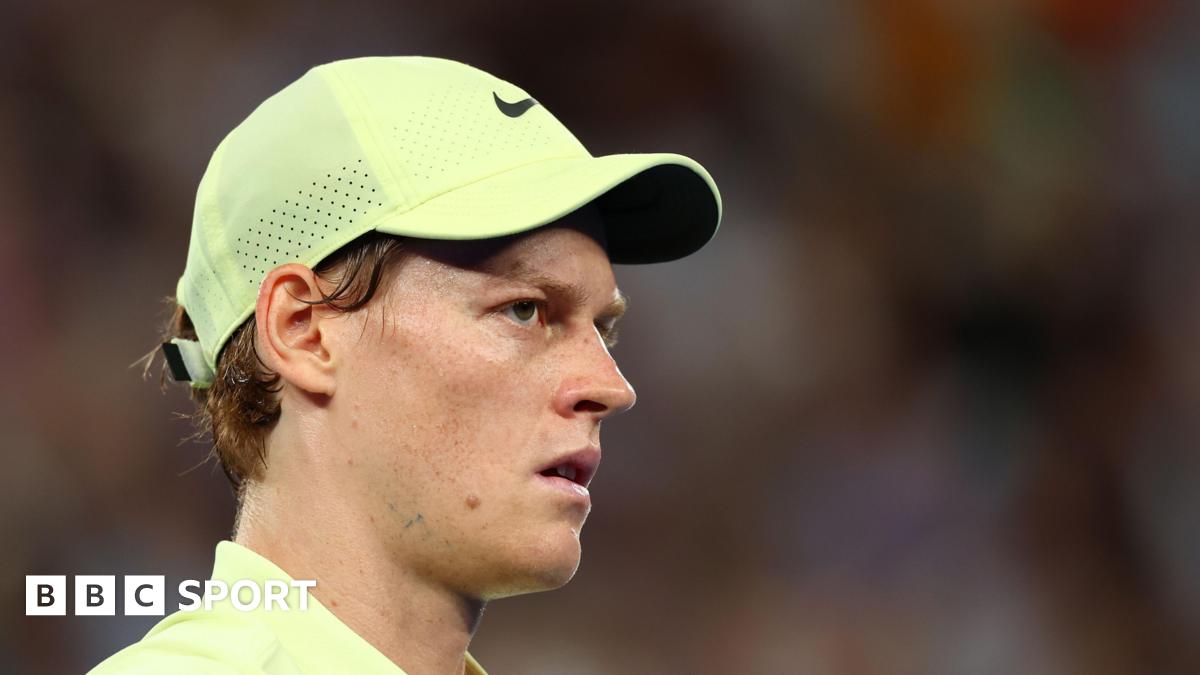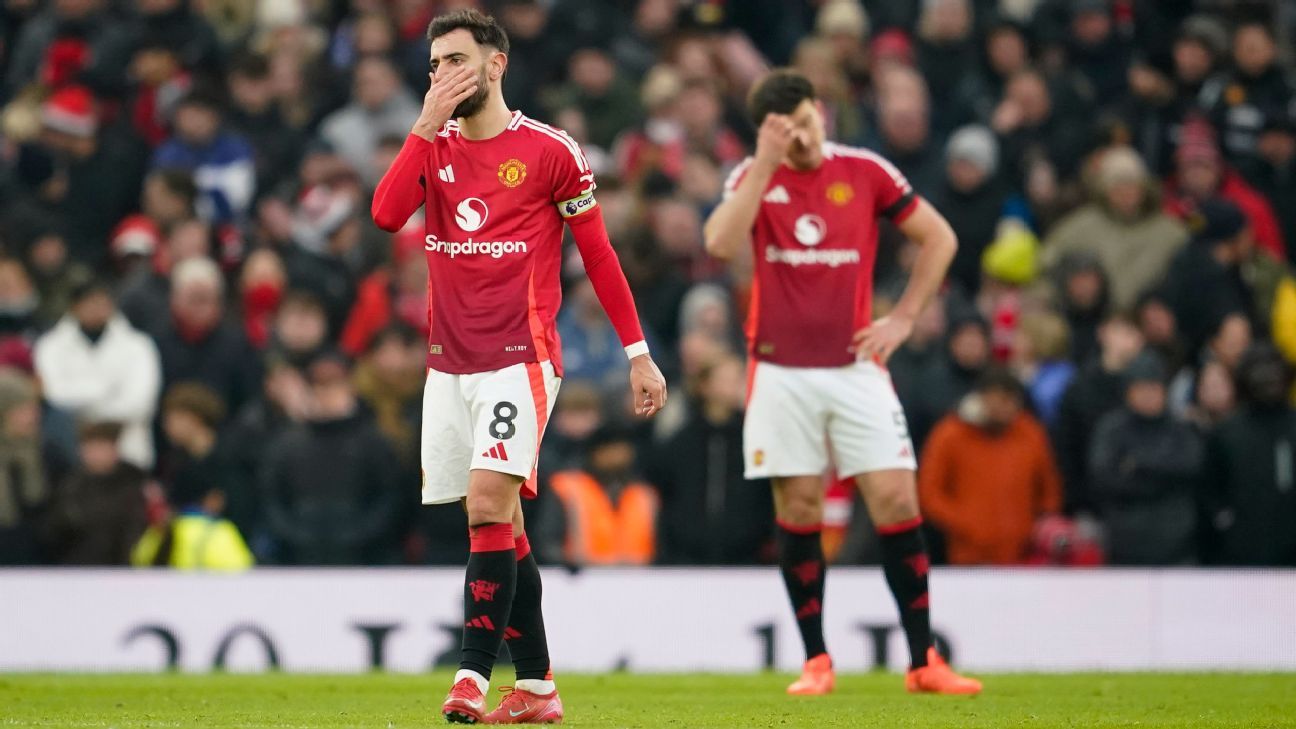

Laura Kuenssberg
Presenter, Sunday with Laura Kuenssberg•@bbclaurak

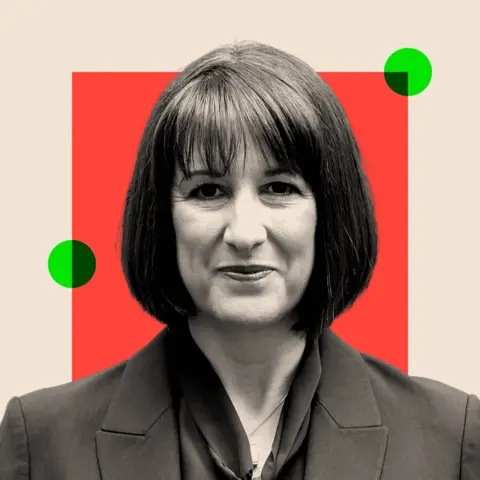 BBC
BBC
Rachel Reeves is suddenly in a rush.
She'd hate the comparison, but the way she's been talking over recent weeks sounds more like a Conservative chancellor.
She wants to get rid of barriers to business and make it harder for green groups to put the brakes on big development. She's easing off plans to make life more expensive for wealthy non-doms – and is expected to approve new airport runways and cut welfare.
It doesn't sound much like Reeves' Budget in October, in which she raised whopping taxes, increased spending on public services and reminded us, time and time again, how much trouble the economy was in and how the Conservatives – she claimed – had left that fabled £22bn black hole.
So why the switch in focus?

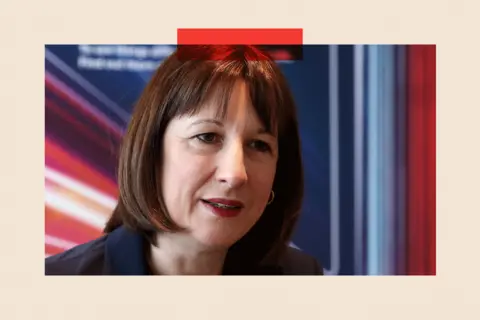 Reuters
Reuters
Chancellor Rachel Reeves said she had taken on board concerns raised by the non-dom community
Treasury insiders say in private that almost as soon as she sat down after the Budget, she was banging the table with officials and pushing for more ideas to get the economy growing. After all, she and Sir Keir Starmer always said growth was their priority.
The plan for her big speech next Wednesday – in which she is expected to unveil more changes to cut back planning rules and announce a new runway at London's Heathrow – was hatched back then, and she's only come under more pressure since to respond to the howls of business.
One City source told me: "Labour did a great job of pretending to be pro-business up until [the Budget]. No one would say they are now."
Ouch!
The metrics that measure how the government is doing in their touted top priority – making the UK more prosperous – are patchy at best, and bleak at worst. We had a wobble in the markets and warnings of a "doom loop" on the way.
As one FTSE chief executive told me: "There's been nervousness about this year, sentiment has definitely got worse, with a lack of a positive drum beat."
There's also been "argy bargy" with the unions, one union leader told me, with "robust conversations" about the best way to get the economy going, and where to spend public money to support growth. "The bottom line is that growth is anaemic – they need to massively invest," they say.
And although wages are up, any pollster will tell you swathes of voters feel hard up and hard done by.

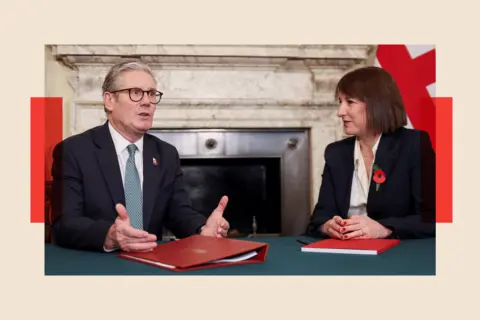 Reuters
Reuters
Before July's general election, Labour pledged to strengthen Conservative plans to abolish non-dom tax status
Inside Number 11, there's a suggestion that the jitters have been helpful, because it's restored a "sense of urgency and put the focus back on the Treasury".
Sources say it's enabled Reeves to make the argument more strongly to her colleagues for things like another runway at Heathrow.
Others also say Reeves' new push reflects that she and the rest of the Cabinet are no longer apprentices, and are settled into their roles.
The need to "move at speed is much clearer", a senior source told me. Another said "the market wobble brought that frustration to the fore – we talked about growth for a long time… I think its begun to put rocket boosters under that".
But didn't Starmer's tribe tell you and me hundreds of times in opposition that they were ready to hit the ground running? The evidence from their first months in government is that wasn't exactly true and that masterplan we were told existed wasn't real after all.
A Whitehall source said "they lost time because the preparing for government team wasn't really preparing for government - they had the opportunity to come in and show what they were made of and they fluffed it", leading to a "meandering approach".
Now, they say, "this is a correction", a response to business screaming at them and the arrival of "the orange man in the White House".
Shifting gears isn't easy, a senior Labour MP said. "The levers you pull don't just connect to something – the dead hand of the Treasury can't simply control economic growth."

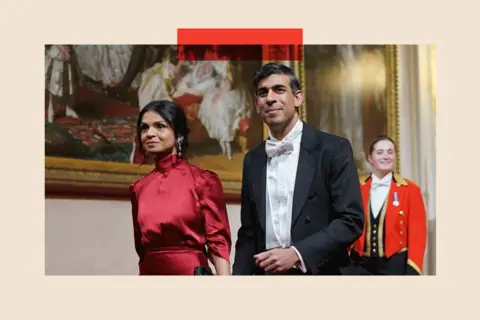 Getty Images
Getty Images
Akshata Murty, wife of former Prime Minister Rishi Sunak, is one of the most prominent non-doms (pictured)
You'd be forgiven if this sudden rush of positivity and love for swashbuckling business feels a bit confusing.
Broadly speaking, the government has taxed, spent and borrowed heavily, even though they say they want to concentrate on growing the economy.
They say now they want to sweep away rules - but at the same time they are increasing regulation for employers to give workers more rights, on landlords, and even want to regulate football. An on green energy, plans for a national energy company are a huge state intervention.
To help get growth going, ministers would point to planning changes, or their plan to woo big AI companies, even though none other than Sir Paul McCartney notes that's far from straightforward.
No government's measures can be neatly organised into one set of harmonising ideas.
The big picture is tough. The country's debts are massive and taxes are huge. Growth is measly. Ministers are scrambling to find places to squeeze their budgets.
In government, there's a belief that better news on wage growth and a tolerable level of inflation has been under-acknowledged. Tomorrow in our studio, and in her big speech on Wednesday, Reeves will try to give you the impression that she is brimming with optimism and in a hurry to get the economy going, so that jobs can be created, the government's tax coffers filled and, ultimately, voters might regain a long-lost feel-good factor.
Yet however upbeat she is a former Labour minister wonders: "How long will it take for changes to drip through the doorsteps of my constituency where people are living in crowded rented flats, and can't afford the supermarkets?"
The pressure is on. One union leader calls this a "cross your fingers behind your back moment". Change takes time and the economy might need patience – but politics isn't always prepared to wait.
BBC InDepth is the home on the website and app for the best analysis, with fresh perspectives that challenge assumptions and deep reporting on the biggest issues of the day. And we showcase thought-provoking content from across BBC Sounds and iPlayer too. You can send us your feedback on the InDepth section by clicking on the button below.
 (1).png)
 1 day ago
3
1 day ago
3




